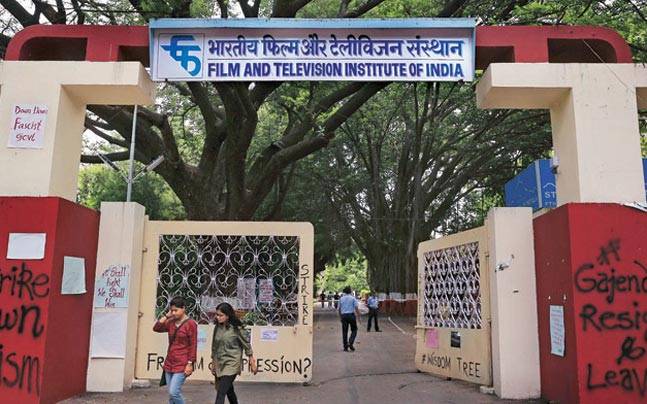The most common complaint among the color blind, is how many careers we are prohibited from having. In the west, it is common for the military, police and aviation to restrict entry to the red-green colorblind, but in the developing world, the prognosis for the colorblind is much bleaker. When I say the developing world though, I specifically mean India, who grabs the most headlines, mainly because of our shared language.
India has typically kept a stranglehold on their colorblind citizens by restricting even careers that the west would consider specifically accessible to the colorblind, such as engineering and accounting roles. Its no wonder that such a large part of Chromaphobe’s viewership is from India.
Luckily, it has been getting better for India’s colorblind. In 2020, The federal government removed restrictions against receiving driver’s licenses for the mild and moderately colorblind, and last month, colorblind Indians earned another victory when the supreme court ruled in favour of a student who had been denied admission to film school based on his colorblind.
In 2015, Ashutosh Kumar was accepted into a program for film editing at the prestigious Film and Television Institute of India (FTII), only to have his admission revoked when they discovered he was colorblind during a routine medical exam. Their grand reasoning, as revealed during the ensuing 6-year legal battle, was that his admission was not “technically feasible”.

It turns out, “not technically feasible” refers to the color-grading module of the degree, which would indeed be a problem for Kumar, but when that module comprises one 20-minute module of a 3 year degree, its basically irrelevant.
To me, this would be akin to saying that I should not have been allowed to complete highschool in Canada because my Protanopia rendered me useless at the 1 or 2 days of titration labs in my chemistry class. To ban someone who would be unable to complete what probably amounts to less than 1% of the degree’s total scope is simply… vindictive.
If a colorblind student wants to enroll in a program to be a colourist, than I can support such a ban. However, as a film editor myself – and not only for the Chromaphobe YouTube channel – colorblindness is hardly ever a factor, and definitely not one that can’t be easily overcome.
Case in point: Christopher Nolan is colorblind and it has not prevented him from entering the upper echelons of filmmaking. While he is known mainly as a writer/director, he also has five editing credits from early in his career. Not to say that his colorblindness had zero effect on his career. After all, most of the editing credits were on black and white film stock… but filmmaking is an artform where our differences should be celebrated.

This was actually reflected in the supreme court’s decision when they forced the FTII to admit Kumar, stating that “filmmaking and editing is a form of art… the institute must adopt an inclusive and progressive approach“. Kumar will begin his studies in 2023: 7 years late…
The supreme court has mandated this ruling apply to all film schools in India, but it doesn’t look like there will be much help for the prospective colorblind engineers currently barred from receiving engineering degrees, since engineering can not so readily be described as a form of art. That said, India’s Right to Persons with Disabilities Act of 2016 is still young, and could be making some more changes in the future. I hope India’s colorblind continue to win back their rights.
Leave a Reply